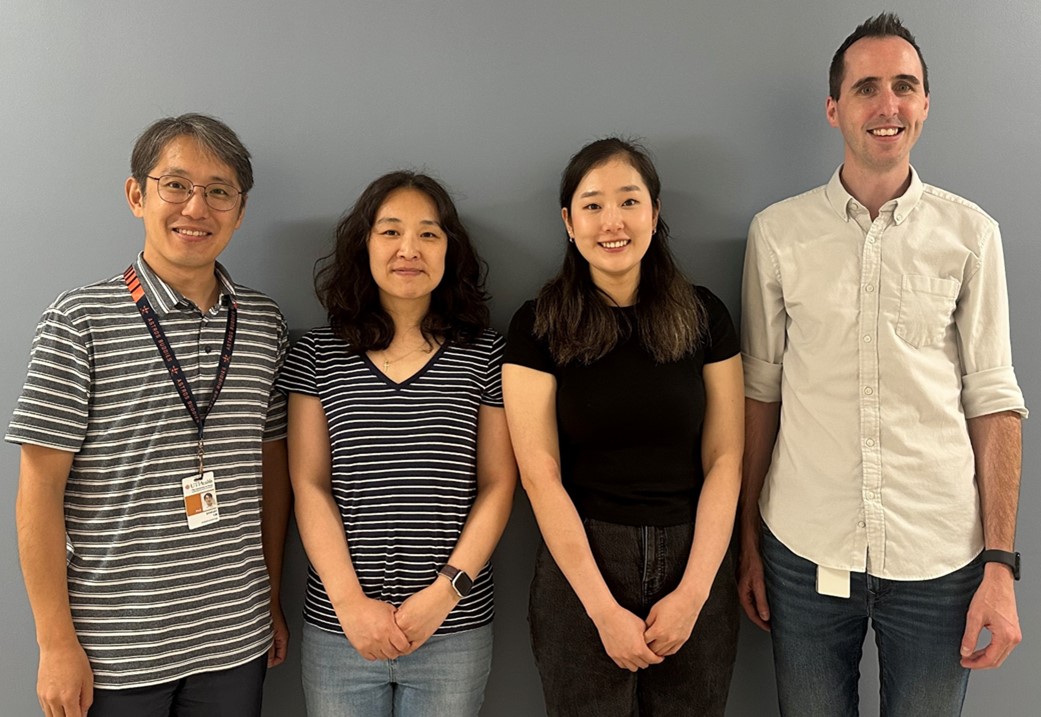AHA-Funded Study Investigates Liver–Heart Crosstalk in Heart Failure
Houston, TX – Heart failure with preserved ejection fraction (HFpEF) affects millions and remains one of the most difficult forms of heart failure to treat. With support from an American Heart Association (AHA) Transformational Project Award, researchers Dr. Matthew DeBerge and Dr. Kangho Kim are launching a novel investigation into how liver dysfunction may be fueling immune-driven heart inflammation in HFpEF.

“HFpEF is driven in part by immune cells—particularly monocytes—migrating into the heart and sustaining inflammation,” said Dr. DeBerge, an expert in cardiovascular immunology. “We’re exploring how liver-derived signals might be responsible for calling these cells in.”
Strikingly, more than 50% of HFpEF patients also suffer from metabolic dysfunction-associated steatotic liver disease (MASLD). The project proposes that liver dysfunction may worsen heart failure by overproducing an enzyme called soluble epoxide hydrolase (sEH), which breaks down protective lipids into a harmful molecule known as DHET.
“The liver normally makes molecules like EETs that help protect the heart,” explained Dr. Kim, who leads the liver metabolism arm of the study. “But in MASLD, sEH levels go up, EETs go down, and DHET may trigger inflammation by drawing immune cells into the heart.”
Using an experimental model that mimics both MASLD and HFpEF, the team will test how this liver-heart-immune axis contributes to disease—and whether blocking DHET’s impact can reduce cardiac inflammation and dysfunction.
“This AHA award gives us the opportunity to connect two often separate fields—cardiology and hepatology—in search of new treatment targets,” said Dr. Kim.
“Our ultimate goal is to identify therapies that reduce both liver and heart inflammation,” added Dr. DeBerge. “By targeting shared mechanisms, we can improve outcomes for a large population of patients who currently have few options.”
Preliminary data for this study were generated through the generous support of the Institute of Preoperative Medicine Multi-PI Pilot Award, which enabled foundational experiments that shaped the current AHA-funded proposal.
The investigators also acknowledged important contributions from Hyun-Jung Jung of the Kim Laboratory and Bo Ryung Lee, formerly of the DeBerge Laboratory and now a first-year medical student at the Long School of Medicine at UTHSC-San Antonio.